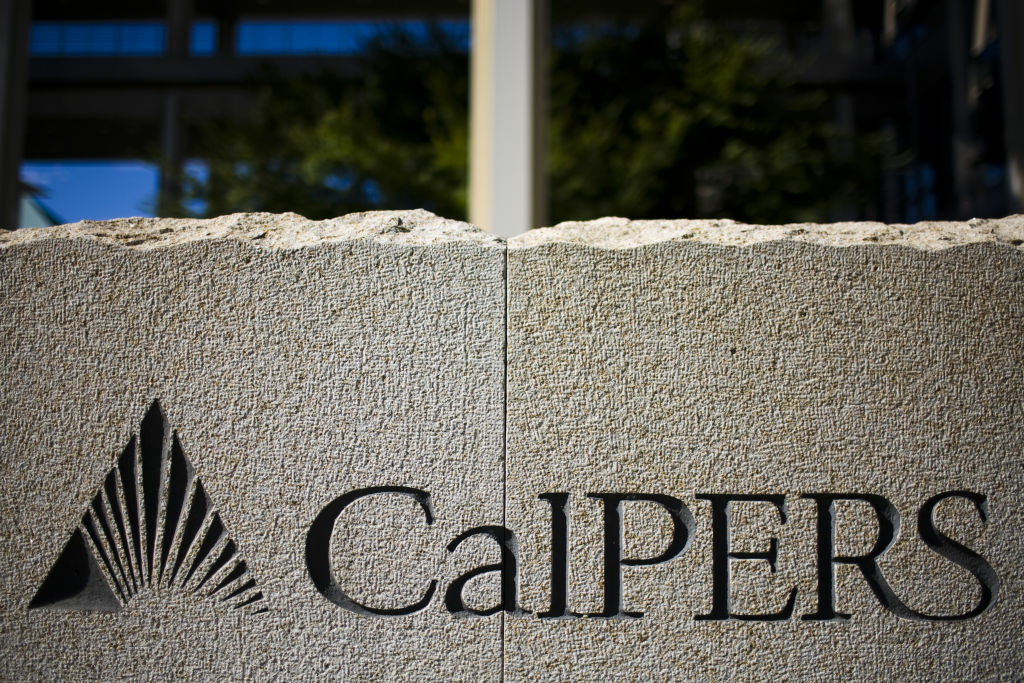CalPERS, the gigantic California public workers' pension fund, has announced that it's going to to review the venture-capital component of alternative investments in its $230-billion overall portfolio. This follows on the heels of a much-discussed paper put out by the Kauffman Foundation earlier this year, in which the organization — which is devoted to promoting entrepreneurship — revealed that its VC investments has seriously underperformed in the past decade.
I wrote a feature about this in May. In January, CalPERS announced that it made only a 1.1-percent return on its investments, missing its target return of 7.75 percent by a wide margin. One of the reasons it in alternative asset classes like VC in the first place is that it can't meet its return objectives otherwise.
The fundraising aspect of being a VC has gotten pretty challenging. Some VCs seem to be adapting to this "new normal," while others appear content to live at the top of the pile and uses their brand-name status to vacuum up most of the available money. But they all rely on large funds like CalPERS to fuel their efforts to find the next Google or Facebook.
CalPERS hasn't made a definitive decision on how it's going to manage its billions — that will come on August 13, when an investment committee meets. Currently, alternative investments at CalPERS are $34 billion, with VC making up 6 percent of that. The total could drop to 1 percent, a mere $340 million.
However, what CalPERS is saying publicly about this drastic reduction is somewhat worrisome. This is from Reuters, via the San Bernardino Sun:
The pension fund cites several reasons for the proposed move. "One is that venture has been the most disappointing asset class over the past 10 years as far as returns," said Joe Dear, CalPERS' chief investment officer. "Second, it's very difficult for a large fund like CalPERS to gain access to the best venture partners in the size that makes a difference to our performance."
It's not clear whether Dear means that CalPERS can't find enough big VC partners, or enough VC partners who invest consistently in quality companies. The Kauffman Foundation discovered that when it analyzed the performance of it portfolio — a much smaller portfolio than CalPERS — that it was smaller VC funds that produced better returns than large ones.
The irony in all this is that as the performance of VC is being questioned by one of its key funding sources, more entrepreneurs are decided to go into VC rather than sticking with the difficult process of building companies. Felix Salmon and I recently wound up discussing this at KPCC's Crawford Family Forum, and Andrew Ross Sorkin devoted a column to it a the New York Times.
If CalPERS does greatly reduce it VC investments — and the writing is on the wall that it will — it will have to redeploy those funds in its private-equity portfolio. CalPERS calls everything that isn't "typical" in the portfolio "private equity," combining leveraged buyouts, VC, and other alternatives into one group. What most people now think of as private equity — leveraged buyouts of companies, the kind of the thing Mitt Romney did when he was at Bain Capital — has been performing much better than VC.
So while CalPERS change in investment philosophy may strike fear in the hearts of VCs, it will likely bring a smile to faces of private-equity players. And that could be good for Los Angeles, where private-equity is more entrenched and VC is just beginning to be competitive with Silicon Valley.
Follow Matthew DeBord and the DeBord Report on Twitter. And ask Matt questions at Quora.














